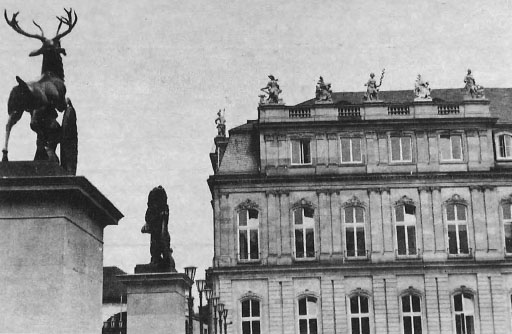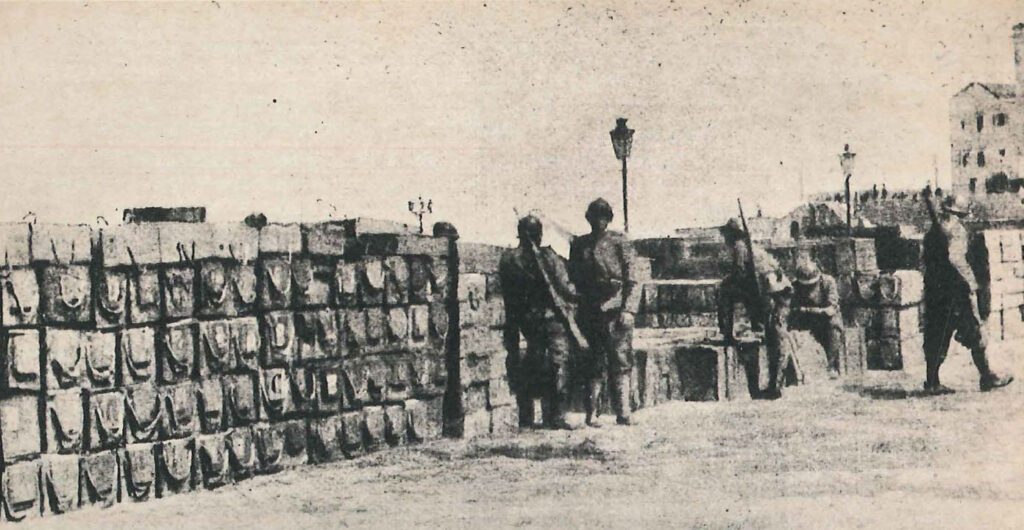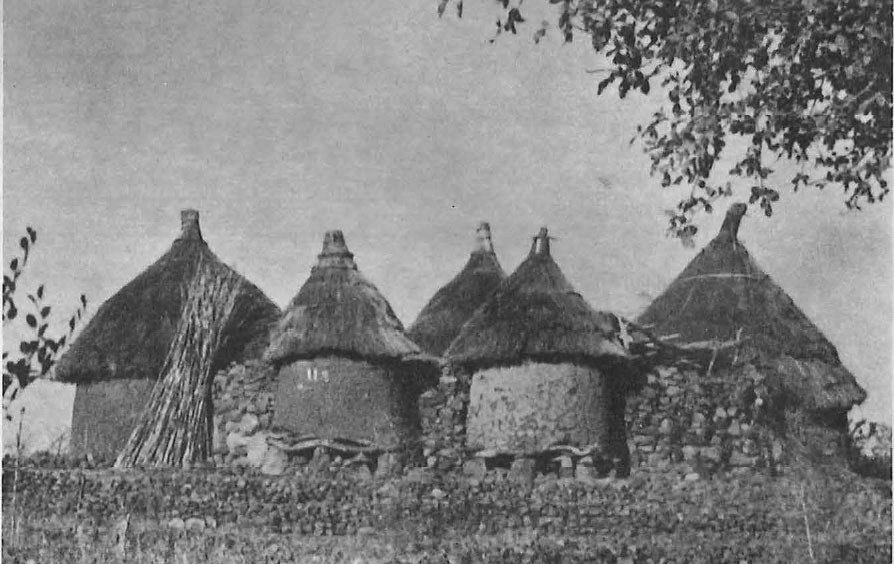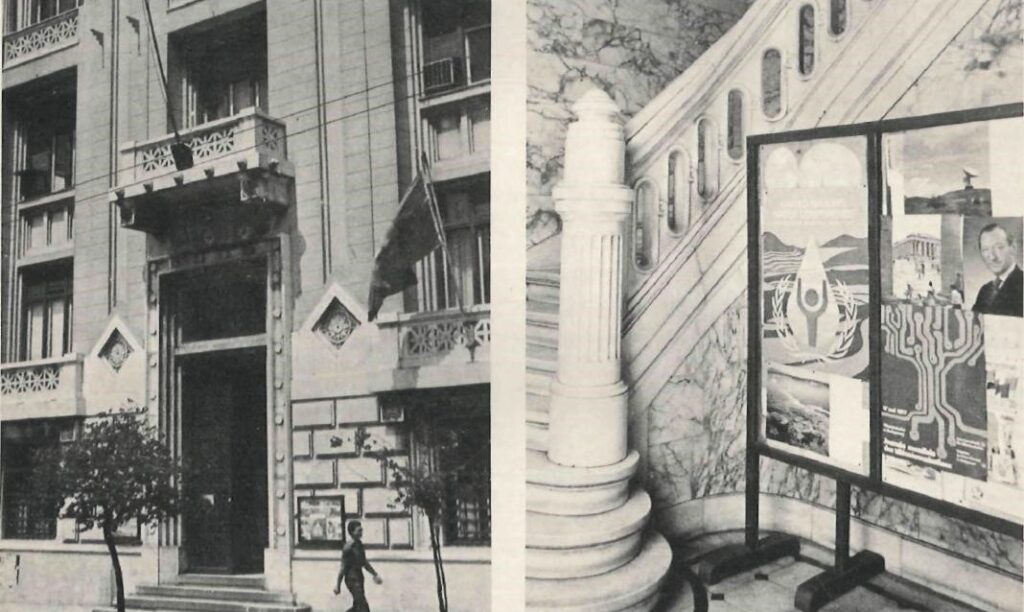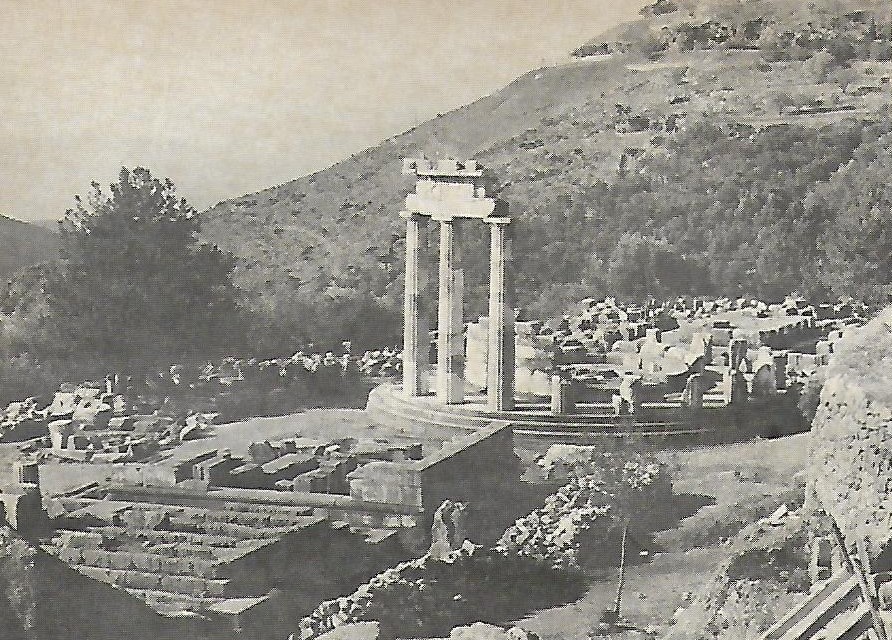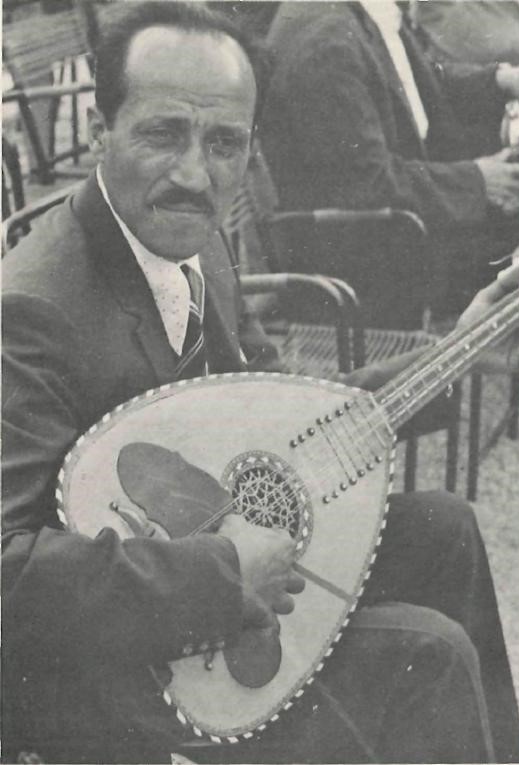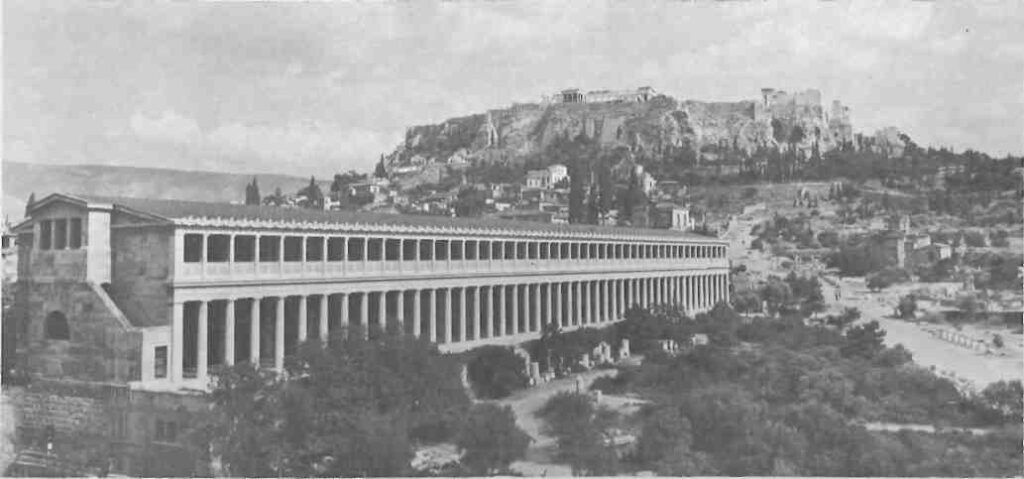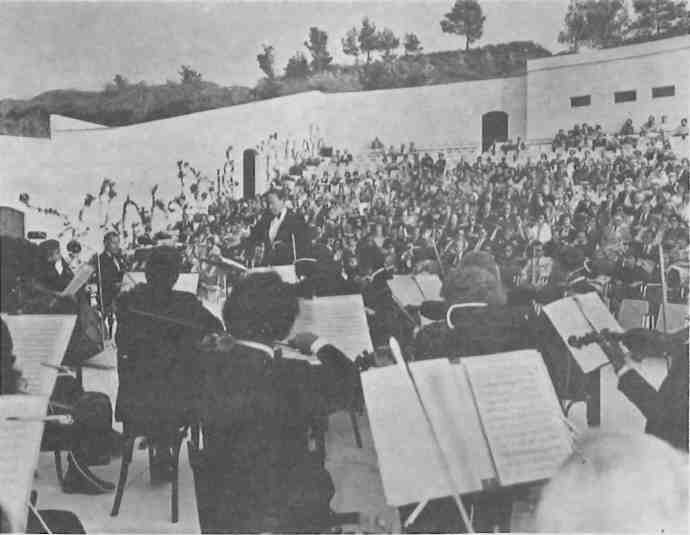Greeks in Germany
Driving along the autobahn from Stuttgart to Munich, I pass a heavily-laden truck making its way up a steep incline. Painted on its sides in bold white letters is the name of the firm, SARANTOS HELLAS, and in smaller letters the message, Umwelt-freundliche Reinigungs – und Pflegemittel. Waibiingen – which roughly translated means: ‘Cleaning materials friendly to the environment’. Waibiingen, its place of registration, is a small town near Stuttgart. The juxtaposition of the Greek name and the message in German brings to mind the subject of much discussion in recent years about Greeks in Germany.
